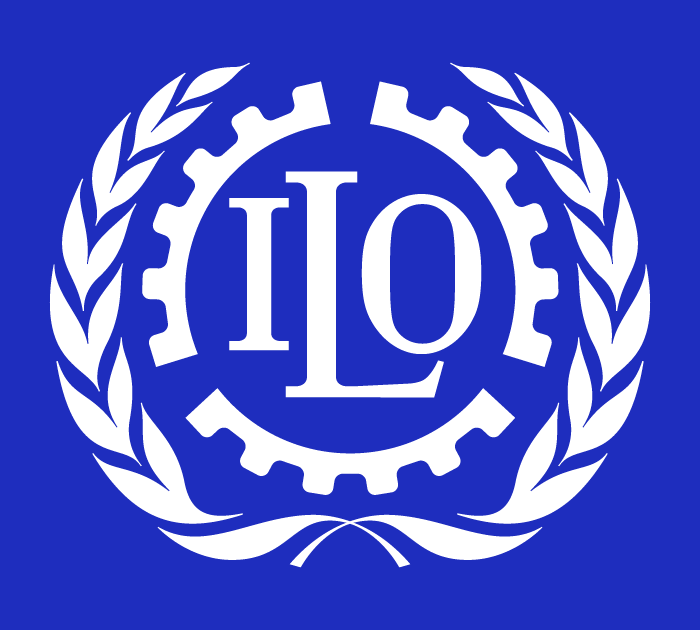
Amidst global labor market challenges and the push for decent work, the Director-General of the International Labour Organisation (ILO), Gilbert Houngbo, has urged G20 labor and employment ministers to take definitive steps in reducing inequalities, fostering gender equality, and championing diversity in workplaces.
During a recent high-level gathering in Fortaleza, Brazil, Houngbo emphasized the imperative for coordinated social policies to ensure social justice for all amidst the evolving crises and challenges faced by the world.
Introducing the G20 Social Policy Portal, in collaboration with the International Social Security Association, Houngbo underscored the significance of universal social protection and robust labor market institutions in combatting inequalities and driving sustainable development initiatives.
At the Just Transition Leadership Forum, where Houngbo participated, the focus was on fostering pathways for equitable work and social justice. The forum urged collective action from G20 leaders, governments, employers, and workers’ organizations to address the societal repercussions of climate change on labor markets.
Meanwhile, the ILO Deputy Director-General, Celeste Drake, highlighted the importance of leveraging workplace technologies while upholding fundamental labor rights and promoting dialogue for social progress.
Drake also disclosed the imminent launch of the ILO Observatory on AI and Work in the Digital Economy in September, alongside a slated discussion in 2025 on establishing standards for decent work in the platform economy.
In alignment with the Brisbane Target, aiming to slash gender gap in labor market participation rates by 25% by 2025, attending ministers reiterated their commitment to gender equality advancement, as affirmed by the ILO.
Looking towards the 2025 target achievement, Celeste Drake stressed the need for intensified efforts in propelling gender equality and fostering more inclusive and fair societies.
She accentuated the necessity to enhance women’s income security, bridge gender pay disparities, and enhance conditions for paid care work.
In their joint declaration, the ministers highlighted the importance of fair wage policies and robust labor market institutions in tackling global employment dilemmas while reconfirming their dedication to ILO’s decent work mandate.
ate
